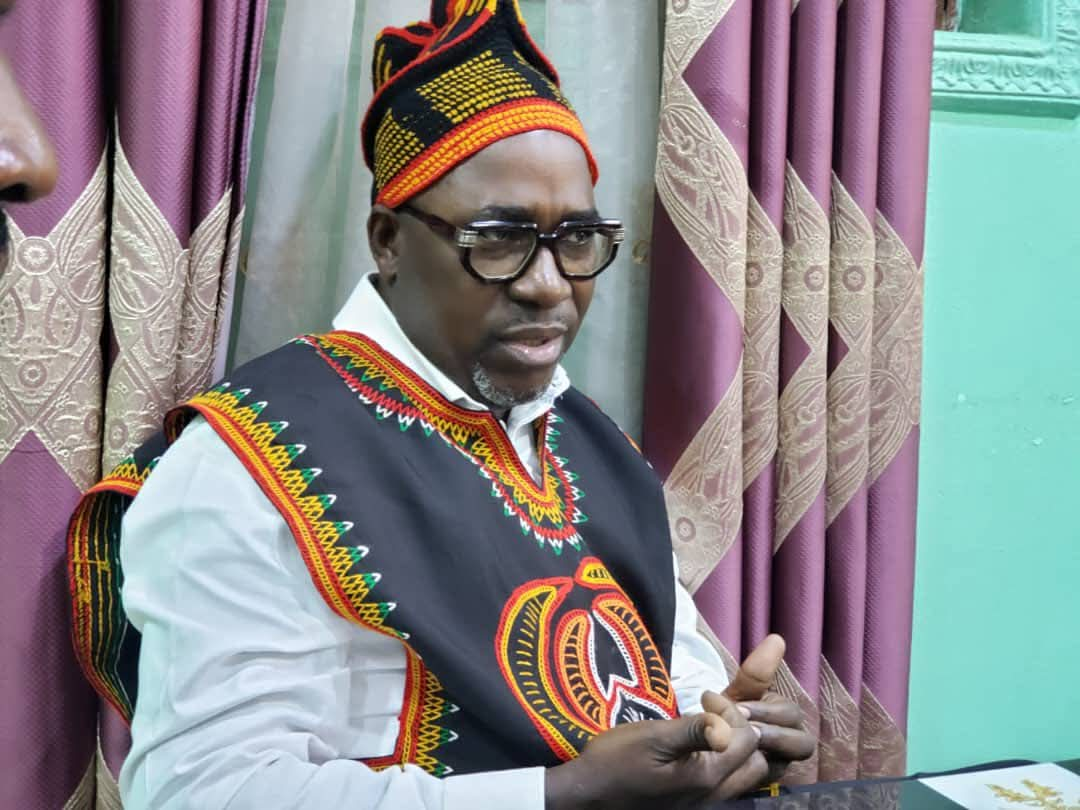Just hours after President Paul Biya declared his intention to run for another term in the October 12 elections, after more than four decades in power, prominent human rights lawyer Agbor Balla is sounding the alarm. In a fiery statement, he calls for political renewal, warning that “the future of Cameroon does not belong to the past.” With growing frustration among the youth and rising calls for change, the stage is set for what could be one of the country’s most defining electoral showdowns.
Prominent human rights lawyer and civil rights advocate, Barrister Nkongho Felix Agbor, known popularly as Agbor Balla, has issued a strong call for political renewal in Cameroon following President Paul Biya’s declaration to run in the upcoming October 12, 2025, presidential elections. President Biya, who has ruled Cameroon for over four decades, made the announcement in a national address on Sunday July 13, confirming his bid for another term despite mounting calls for generational change and democratic transition.
Reacting to the development, Agbor Balla criticized the decision as a signal of entrenched resistance to progress. “The future of our nation does not belong to the past,” Agbor Balla said. “We must break away from the politics of stagnation and build a new vision rooted in accountability, justice, and inclusivity.” The outspoken advocate emphasized that Cameroonians, especially the youth, are increasingly disillusioned by the country’s political status quo, which many see as unresponsive to the aspirations of a new generation.
Call to Action Ahead of 2025 Elections
Agbor Balla’s statement called on civil society groups, political actors, and the general population to unite and take responsibility for shaping the nation’s future through peaceful and democratic means. “The stakes are too high for indifference. This is the time for every Cameroonian to rise, vote, and demand leadership that truly reflects their values and needs,” he said.
His remarks are seen as a rallying cry ahead of what could be a pivotal election in the country’s modern political history. President Biya, 91, is one of the world’s longest-serving leaders. His decision to seek re-election has sparked debates both within Cameroon and internationally, raising concerns over the country’s democratic health and leadership succession plans.
While supporters credit Biya with preserving stability in times of crisis, critics argue that his continued hold on power undermines democratic norms and perpetuates socio-political tensions, especially in conflict-affected regions.
What Next for Cameroon?
As the electoral season gathers momentum, observers say Agbor Balla’s intervention could galvanize civic engagement and encourage broader participation in the democratic process. “Cameroon is at a crossroads,” Balla concluded. “This is a defining moment for the people to decide if they want continuity or a new chapter in their political destiny.” With the presidential polls just three months away, the political temperature is expected to rise as opposition figures and civil society step up calls for reform, transparency, and inclusive governance.

